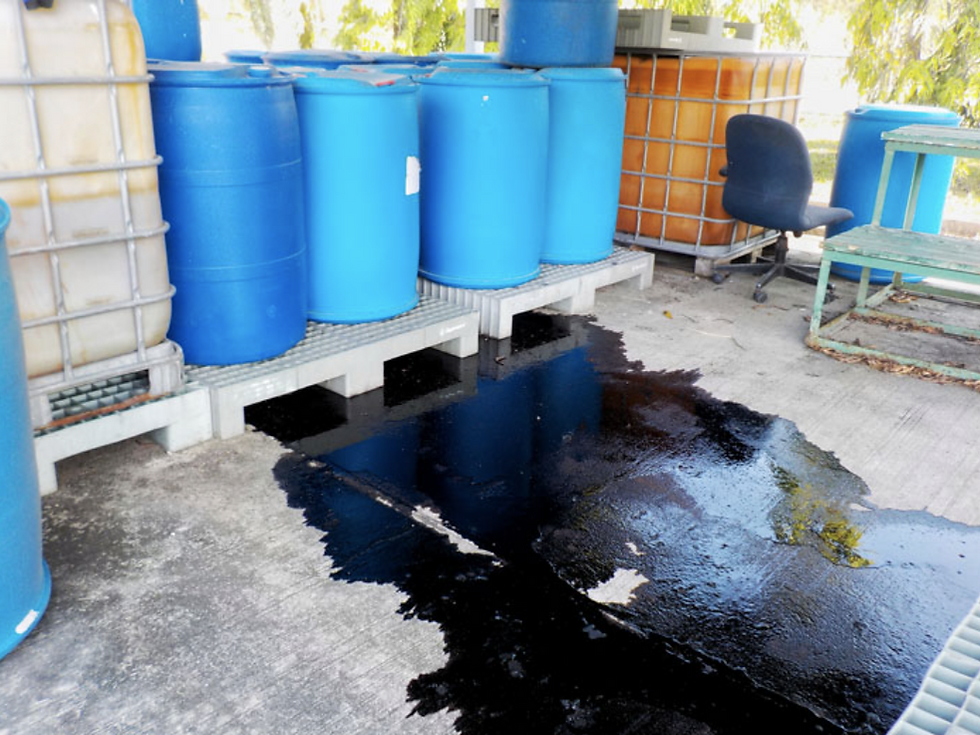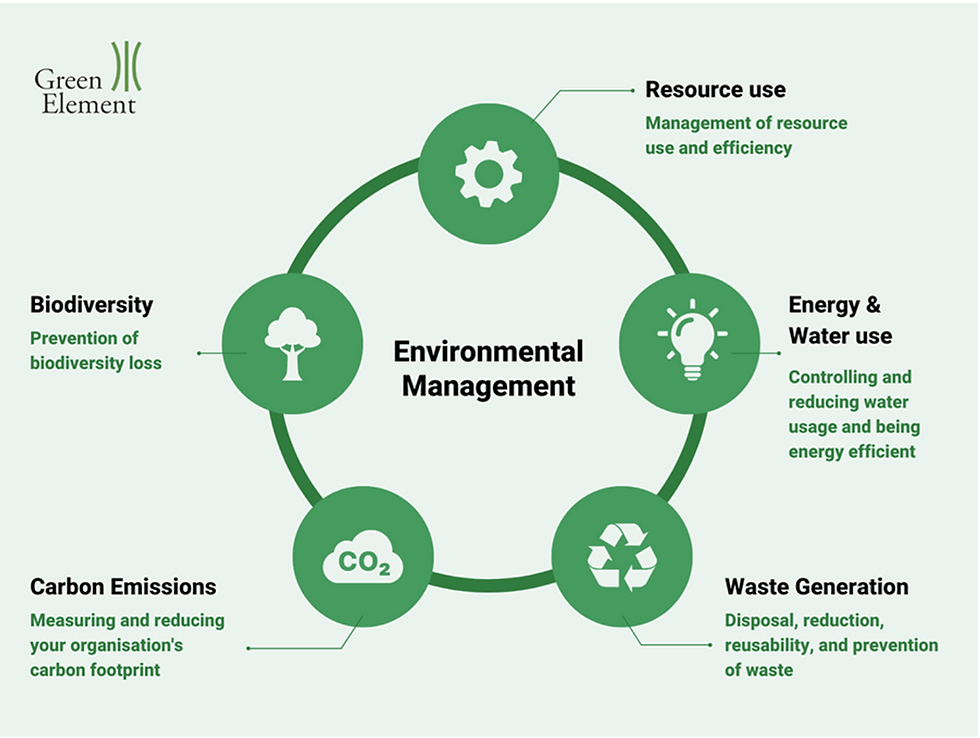When a HSE Health and Safety Inspector Calls
- Dorset Health and Safety

- Jun 30, 2023
- 4 min read
Make sure you are prepared for when an HSE inspector calls at your business.
Watch the short animation explaining how inspections are carried out and why they help keep people healthy and safe at work.
The role of the HSE is to keep people safe and healthy at work. They visit thousands of locations every year as part of that role.
Your visit is one of many that are carried out every day. They may arrive without warning. This isn’t unusual as the law permits visits at any reasonable time.
Although inspectors have the powers to come into your workplace, they still have to follow the government’s code of practice on entering homes or businesses.
You can complain if you think the inspector hasn’t followed the code. See the information at www.gov.uk/guidance/powers-of-entry.
During the visit
The inspector will look at how you keep your workers, and anyone who may be affected by your work, healthy and safe. They may also give you advice on health and safety or make sure you are providing suitable welfare facilities, such as running hot and cold water and toilets.
While the inspector is with you, they may:
ask you about your workers and what they do
look at any possible health risks arising from the work you are doing
look at any machinery or other equipment that you have
ask to see records or other documents
take photographs
The inspector will want to know about:
the main health and safety issues in your workplace
your own knowledge or experience of health and safety
The inspector may also talk to you about things like safety standards, guidance and everyday practices in your industry.
Your workers
The inspector will need to talk to your employees or their representatives during the visit.
What if there’s something wrong?
The inspector may take action if they find you’re breaking the law during the visit. They may also tell you to stop a dangerous activity in your workplace immediately. For example, a dangerous activity could be people working on a roof where scaffolding is unsafe.
After the visit
After the inspector has finished looking round your workplace, they might:
offer advice (either verbal or in writing)
give you a notification of contravention
give you an improvement notice
give you a prohibition notice
prosecute you for breaching health and safety laws.
The HDE publish all improvement and prohibition notices on their website: https://resources.hse.gov.uk/notices/
Advice
The inspector may give you advice, verbally or in writing, about some improvements you could make to health and safety in your workplace. This advice is free.
Notification of contravention
A notification of contravention (NoC) is a document or letter that tells you about health and safety laws you’ve broken. It also explains how you’ve broken them. A NoC will tell you what you need to do to stop breaking the law.
The inspector will only give you a NoC if they think you are in ‘material breach’ of the law. This means the inspector thinks you have broken the law seriously enough for them to write to you about it. If the inspector gives you a NoC, you’ll have to pay for the cost of the visit.
Improvement notice
An improvement notice will tell you:
what’s wrong
any changes you need to make to put things right
how long you have to make those changes
You will get at least 21 days to make any changes. You commit a criminal offence if you don’t make the changes in the time
Prohibition notice
You may get a prohibition notice if there is a risk of serious personal injury now or in the future. This could be, for example, people working on a roof where scaffolding is unsafe.
A prohibition notice orders you to stop doing something until you have made it safe to continue. This could be, for example, keeping workers off a roof until you fix any unsafe scaffolding. You commit a criminal offence if you don’t comply with a prohibition notice.
Prosecution
You may be prosecuted for breaking health and safety laws or for failing to comply with an improvement notice or a prohibition notice. The courts can fine you or in some cases send you to prison.
Disagreeing with the decision
If you don’t agree with what is decided, you may be able to challenge the decision.
You will be informed you can challenge one the decision, but you must contact your inspector or their manager before you start any formal dispute against a decision. They may be able to look at the decision again.
Recovering our costs – fee for intervention
If we give you a notification of contravention you will have to pay a fee. This is called a ‘fee for intervention’ (FFI).
How much could this cost me?
The fee will include the costs for the time of the entire original visit. It may also include time:
at your business or workplace
preparing reports
getting specialist advice
talking to you after the visit
talking to your workers
The fee can vary and will depend on:
how long the original visit was
the time spent helping you put things right
the time it took to investigate your case
any time we spend on taking action against you.
Paying your invoice
Invoices are usually issued in January, March, May, July, September and November. You must pay any invoice we send you within 30 days.
What if you don’t agree with the invoice?
If you disagree with anything on your invoice, you can query it with the FFI invoice dispute team. It costs nothing to query an invoice.
If you don’t agree with our response to your query, you can dispute it with the FFI invoice dispute team. This must be done in writing. A disputes panel, completely independent of HSE, will consider your dispute and write back to you informing you of the outcome.
You can find information on how to raise a query or dispute an FFI invoice at: www.hse.gov.uk/fee-for-intervention.






Comments